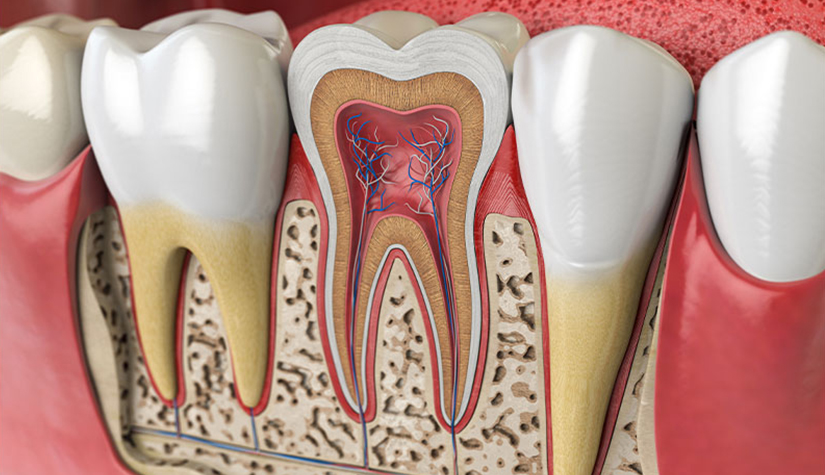
Root canals and dental health
What is the objective of a root canal procedure?
Once a tooth has emerged through the gums, its nerve is no longer necessary for its health or function. The nerve's sole purpose is to provide sensory abilities, such as sensing hot or cold sensations. Therefore, the presence or absence of a nerve does not affect the tooth's day-to-day functioning.
However, if a tooth is cracked or has a deep cavity, bacteria can enter the pulp tissue and cause an infection within the tooth. If this infection is not treated, it can lead to the development of an abscess. Failing to remove the diseased tissue will result in pain and swelling. Moreover, it can have detrimental effects on the jawbone and overall health. Without proper care, extraction of the tooth is likely necessary.

